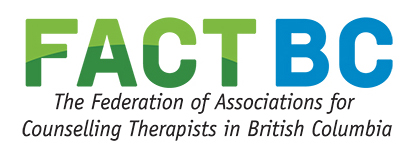On July 2, 2024, the BC Ministry of Health designated Psychotherapy as a health profession under the Health Professions Act. Follow our four-part series to learn more about the history and work of the psychotherapy profession.
Psychotherapy is grounded in personal interaction between therapists and clients, with a goal of improving wellness or mental health for individuals, relationships, families, or groups through inviting change in behaviour, beliefs, emotions and thoughts
Definition
Psychotherapy gets defined in various ways, often as a function of the circumstances in which the definition will be used. For example, if an educational or training institution wants to offer a degree or certificate program with Psychotherapy as the subject matter in the title, then their definition will likely be the standard, generic definition created by the certification authority.
On the other hand, a library might want to have Psychotherapy as a heading for part of its cataloging system, and would likely have many different sub-categories making up a broad and inclusive system for organizing all the various “flavours” of the field. Their definition will be broad and inclusive.
In circumstances of professional regulation[1], there is a need for a definition which can be used in legal discussions or for the setting of legal standards. Ontario has defined Psychotherapy as a reserved act(ivity) which occurs when each of the following five components are present:
- Treating,
- by means of psychotherapy technique,
- delivered through a therapeutic relationship,
- an individual’s serious disorder of thought, cognition, mood, emotional regulation, perception or memory,
- that may seriously impair the individual’s judgement, insight, behaviour, communication or social functioning.
We do not know just yet how the formal definition of Psychotherapy will look when the profession is described in the eventual Regu
[1] In Canada, health professions are usually granted exclusive use of a designated title and may also be given permission to do what in BC are called restricted activities. As an example, in BC, touching a partially undressed client is a restricted activity (e.g., generally forbidden) but is specifically permitted for physicians, nurses, practitioners of Chinese medicine, midwives, massage therapists, and physiotherapists (there may be others).
